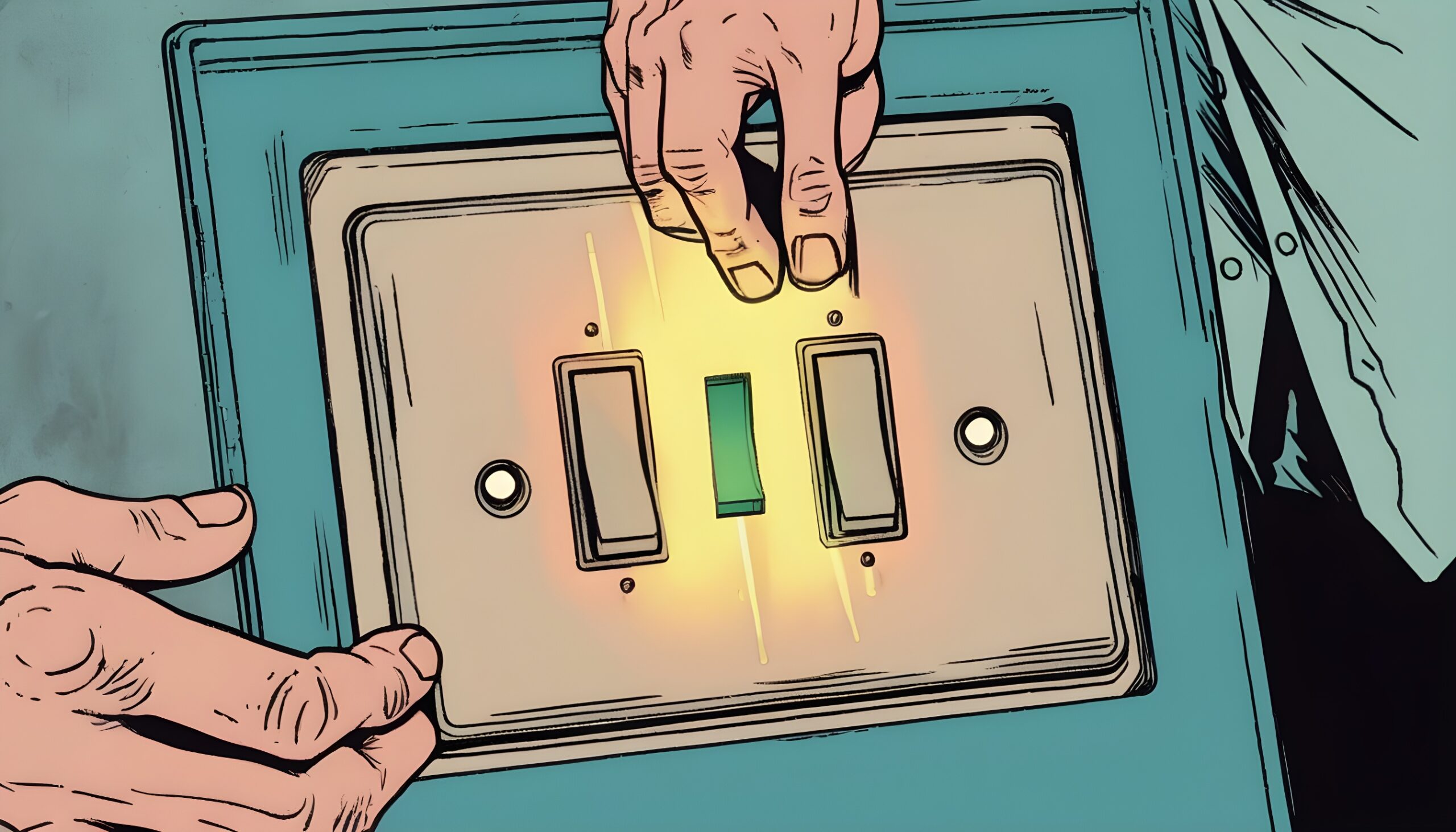Uniswap, the leading decentralized exchange (DEX), has seen its UNI token price surge over 50% recently, fueled by excitement surrounding a new governance proposal. The proposal revolves around activating a long-anticipated “fee switch,” potentially unlocking millions of dollars in rewards for UNI holders and shaping the future of the platform.
Diving into the Fee Switch
At the heart of Uniswap lies its unique fee model. Users currently pay a 0.3% fee on every swap, with 0.05% allocated to the UNI governance treasury. The remaining 0.25% goes directly to liquidity providers (LPs). However, a dormant feature within the protocol, known as the “fee switch,” could significantly alter this dynamic.
Flipping the Switch: What’s Proposed?
The current proposal, authored by Uniswap Foundation lead Erin Koen, suggests activating the fee switch. This would divert a portion of the 0.25% LP fees to UNI stakers and delegators. In simpler terms, UNI holders who lock their tokens or delegate them to others would start earning rewards from trading activity on Uniswap.
According to Koen, the proposal “seeks to invigorate and strengthen Uniswap’s governance system by incentivizing active, engaged, and thoughtful delegation.” The DAO has been experiencing delegate apathy. Specifically, less than 15 of the 30 top delegates by voting power did not vote in the last 10 proposals. Furthermore, only 7 of these entities have ever created a proposal.
Activating the fee switch feature is supposed to tackle this problem. However, it remains to be seen if incentivizing participation is enough to keep delegates engaged and for how long.
Ultimately, the Uniswap community will decide the fate of the fee switch proposal through a two-step voting process. If approved, it could mark a significant milestone in Uniswap’s evolution, shaping the platform’s value proposition and influencing the broader DEX landscape.





